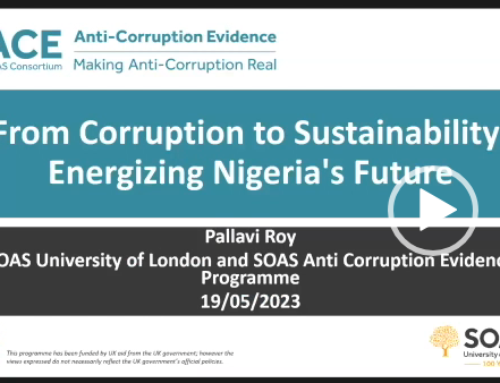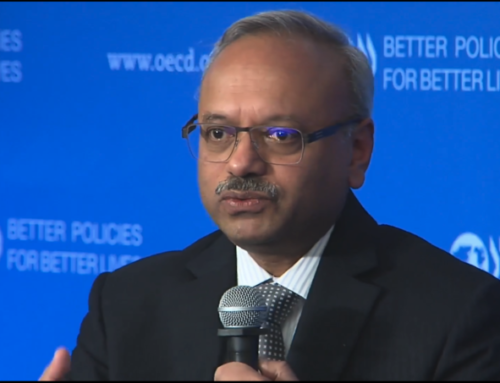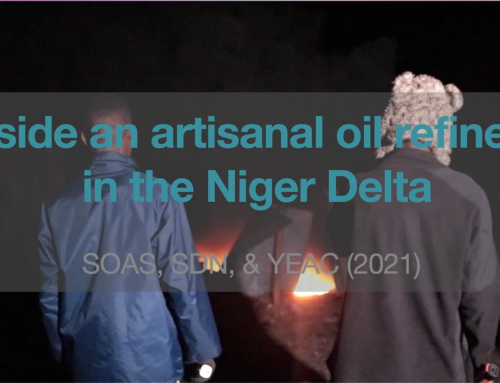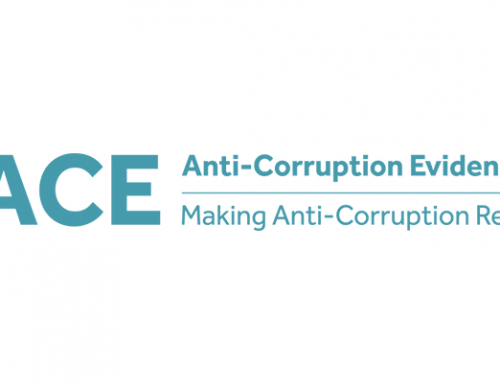The Political Economy of Electricity Reform in Fragile Contexts
As part of their SOAS ACE research project, Neil McCulloch, Director of The Policy Practice, spoke recently at the Issam Fares Institute in the American University of Beirut on “The Political Economy of Electricity Reform in Fragile Contexts”.
Lebanon’s electricity system is in a state of near collapse. Sadly, it is not alone. Electricity provision in Nigeria is lamentable; that in Yemen disastrous; in many fragile countries and contexts around the world, electricity provision is extremely poor. The reason is not simply poverty, a lack of finance, or technical failures – it is invariably political. But this talk argues that there is hope. Reasonable electricity provision has been achieved, even in very difficult circumstances, where it follows a set of political economy principles (for example, see TPP’s paper as part of the Anti-Corruption Evidence Research Programme that examined how one city in Lebanon, Zahle, was able to achieve 24/7 electricity in an environment characterised by dysfunctionality and corruption). However, the resulting arrangements look very different from the World Bank’s ‘standard model’ of reform. But they might provide a feasible way of moving beyond the current impasse and getting the lights back on.
Watch the talk here.







